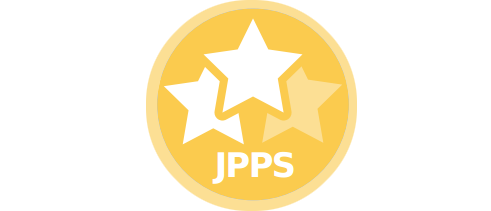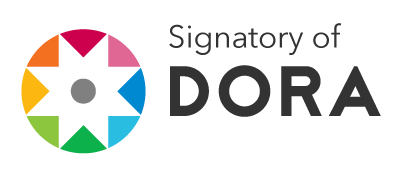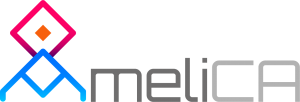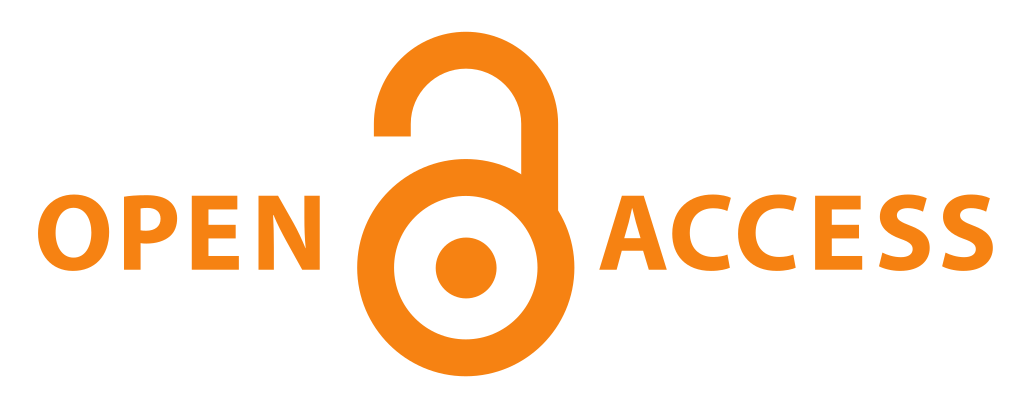Sen Amartya. Theoretical-Methodological Contributions and Proposals to Human Development in Disabilities
Keywords:
human development, comprehensive well-being, quality of life, individual-collective freedoms, occupational autonomyAbstract
This documentary investigation reveals Sen Amartya's contributions to human development in disability. In this proposal it is assumed that comprehensive well-being and quality of life constitute elements on which development is based and that must be promoted in correspondence with the full exercise of individual and collective freedoms, that are understood as those responsible for making the growth of human supra-complexity operational. This supposes, the expansion of opportunities and the free development of personal capacities, as requirements to dimension human dignity. This requires the reduction of the effects of inequality and the maximization of educational and training opportunities, which allow people with disabilities to actively, autonomously and competitively insert themselves in the occupational-labor scenario of their preference and without any limitation. It is concluded, the integral human development must sustain its efforts in guaranteeing the diversification of growth opportunities that allow the individual to fulfill the purposes inherent to their life project, in such a way that they achieve the full development of their personality and the scope of their self-realization.
References
Ainscow, M. (2001). Desarrollo de escuelas inclusivas. Madrid: Editorial Narcea.
Ainscow, M. (2005a). Desarrollo de los sistemas educativos inclusivos. Journal of Educational Change, Vol 6, N°.2, pp.109-124.
Ainscow, M. (2005b). La mejora de la escuela inclusive. Cuadernos de Pedagogía, 349, pp. 78-83.
Alfaro, E. (2012). Ética y psicología. Ciudad de México: Red Tercer Milenio.
Alfaro, L. (2013). Psicología y discapacidad: un encuentro desde el paradigma social. Revista Costarricense de Psicología, Vol. 32, N°1, pp.63-74.
Cloninger, S. (2003). Teorías de la personalidad. Ciudad de México: Prentice Hall.
Conde, P. (2003). Ética general. Ciudad de México: Biblioteca Virtual Universal.
Cortina, A. (2000). Ética mínima. Introducción a la filosofía práctica. Madrid: Editorial Tecnos.
Daros, W. (2009). El entorno social y la escuela. El Rosario: Ediciones Artemisa.
Delors, J. (1996). La educación encierra un tesoro. Madrid: Ediciones Santillana.
Echeita, G., y Ainscow, M. (2011). La educación inclusiva como derecho. Marco de referencia y pautas de acción para el desarrollo de una revolución pendiente. Tejuelo, n° 12, pp.26-46.
Estrada, L. (2018). Teorías y métodos-humanismo. Bogotá: Fundación Universitaria de la Área Andina.
Griffin, K. (2001). Desarrollo humano: origen, evolución e impacto. En IBARRA, P. y UNCETA, K. (coord.). Ensayos sobre el desarrollo humano. Retrieved from http://otrodesarrollo.com/desarrollohumano/GriffinDesarrolloHumano.pdf
Jiménez, C. (2010). Calidad de vida. Madrid: Biblioteca CF+S.
Jordán, F. (2017). Psicología: una introducción a las nociones fundamentales. Córdoba: Editorial de la Universidad Católica de Córdoba.
Lozano, M. (2016). El desarrollo humano a propósito de las ciencias sociales y humanas. Colombia: CLACSO.
Martínez, M. (2009). Dimensiones básicas de un desarrollo humano integral. Polis, Revista de la Universidad Bolivariana, Volumen 8, Nº 23, pp.119-138. https://www.redalyc.org/pdf/305/30511379006.pdf
Maslow, A. (1991). Motivación y personalidad. Madrid: Ediciones Díaz de Santos.
Morales, J. (2020a). Educación y desarrollo humano: dimensiones para la elaboración de políticas públicas en tiempos de complejidad. Revista Conrado, 16(75), 372-383. https://conrado.ucf.edu.cu/index.php/conrado/article/view/1434
Morales, J. (2020b). Una política pública para potenciar la calidad de vida y el desarrollo humano. Universidad de Los Andes. Revista Estado de Derecho, 2 (1), 119-146. http://www.ulpiano.org.ve/revistas/bases/artic/texto/RECHTSSTAAT/1-2020/RECHTSSTAAT_1_2020_119-146.pdf
Morales, J. (2021). Un acercamiento multidisciplinar a las dimensiones del desarrollo humano. Revista Conocimiento Educativo, Vol.8, pp.23-57. https://doi.org/10.5377/ce.v8i1.12589
Naranjo, C. (2013). Cambiar la educación para cambiar el mundo. Madrid: Editorial La Llave.
Robles, J., Espinel, J y Guadalupe, M. (2017). Dimensiones del desarrollo humano bajo un enfoque intercultural. Ecuador: Universidad Estatal de Milagro.
Rogers, C. (1992). El proceso de convertirse en persona. Mi técnica terapéutica. Barcelona: Editorial Paidós.
Rogers, C. (2015). Libertad y creatividad en la educación. Barcelona: Editorial Paidós.
Ruiz, P., Patrón, P., y Quintanilla, P. (2012). Desarrollo humano y libertades. Una aproximación interdisciplinaria. Lima: Fondo Editorial PUCP.
Sabino, C. (2004). Desarrollo y calidad de vida. Unión Editorial.
Sen, A. (2000). Desarrollo y libertad. Buenos Aires: Editorial Planeta.
Seelbach, G. (2013). Teorías de la personalidad. Ciudad de México: Red Tercer Milenio.
UNESCO. (2015). Orientación y Desarrollo de Capacidades sobre Educación para la Ciudadanía Mundial en América Latina y el Caribe. Reporte Informativo. Santiago de Chile.
Downloads
Published
How to Cite
Issue
Section
License
Copyright (c) 2022 Paradigma: Revista de Investigación Educativa

This work is licensed under a Creative Commons Attribution-NonCommercial-NoDerivatives 4.0 International License.








